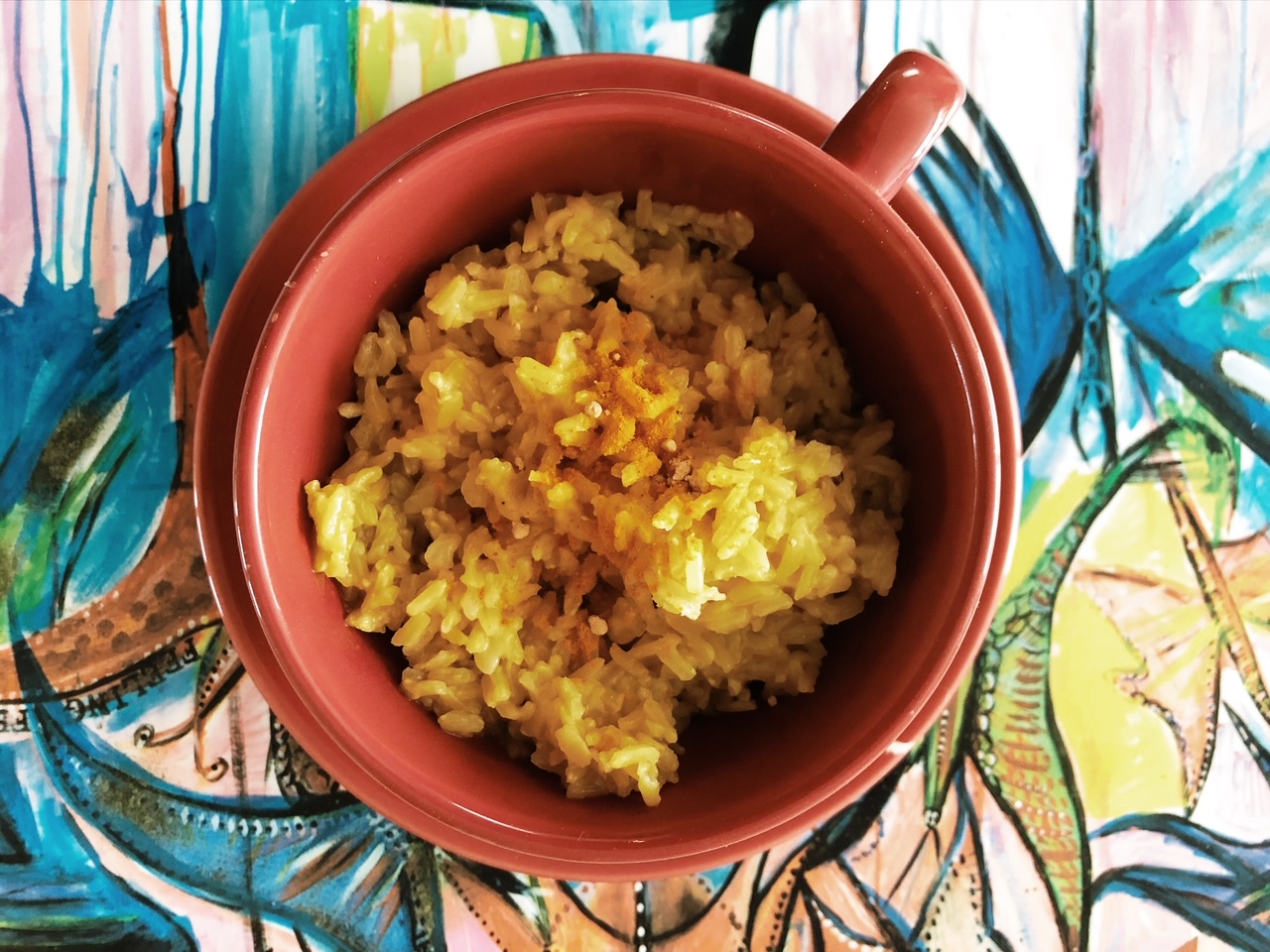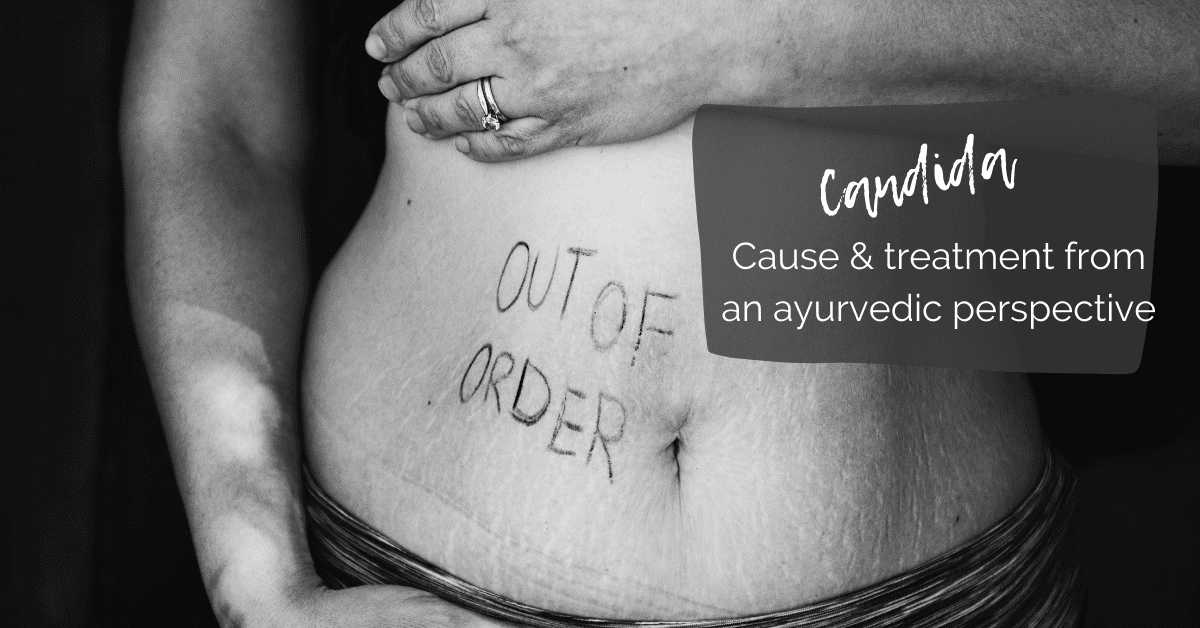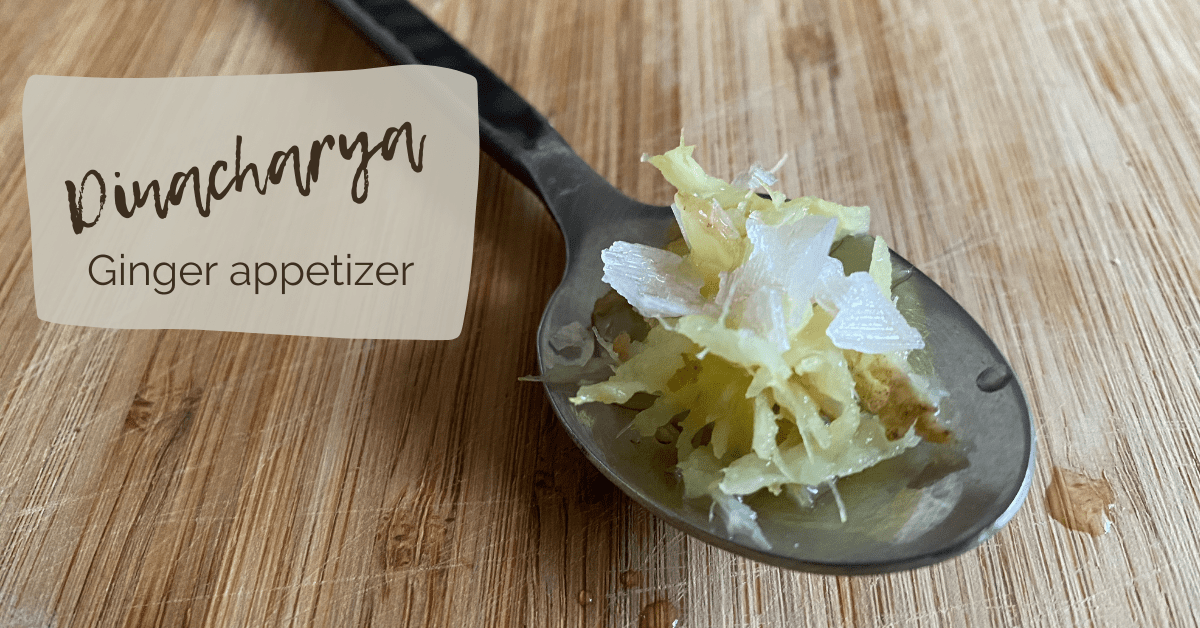Ayurvedic pizza
Ayurvedic pizza – a Vata grounding pizza recipe Ayurvedic cooking Ayurvedic cooking is still something I try to figure out
Ayurvedic pizza – a Vata grounding pizza recipe Ayurvedic cooking Ayurvedic cooking is still something I try to figure out

The menstrual cycle – how it works according to Ayurveda According to Ayurveda, the menstrual cycle follows the seasons. spring,

Simple Kitchari to reset your digestion A simple kitchari is a very good dish or recipe to reset your digestion

UNDERSTANDING KAPHA: HOW TO BALANCE KAPHA DOSHA THROUGH DIET AND ROUTINES We live in a Vata dominant time where we

Intestinal health from an ayurvedic point of view According to Ayurveda the organ systems, organs, tissues, cells, and biomolecules work

4 routines to live in harmony with your circadian rhythm The concept of Ayurveda can be applied as a lifestyle,

There are beneficial and harmful bacterias in our intestinal tract. The good bacterias are lactic acid bacterias such as

Having a slow or even poor digestion? Feeling heavy after a meal? Not feeling hungry at all? Besides chewing

Ayurvedic cooking is unthinkable without ghee. What is ghee and why is it so healthy? Ghee is clarified butter,

Today’s blog is about tongue scraping, one of ayurveda’s best morning routines to do. In general I recommend 3
This website uses cookies to improve your experience when you navigate through the website. Of these, cookies that are categorized as necessary are stored in your browser because they are necessary for the basic functions of the website to work. We also use third-party cookies that help us analyze and understand how you use this website. These cookies will only be stored in your browser with your consent. You also have the option to opt out of these cookies. However, opting out of some of these cookies may affect your browsing experience.